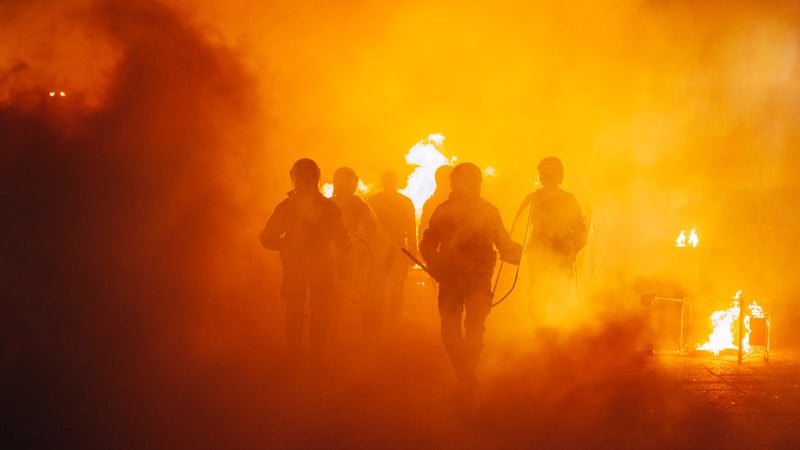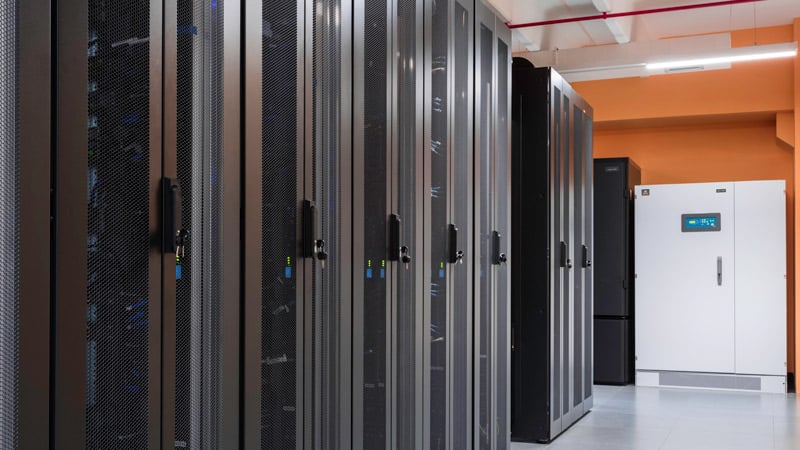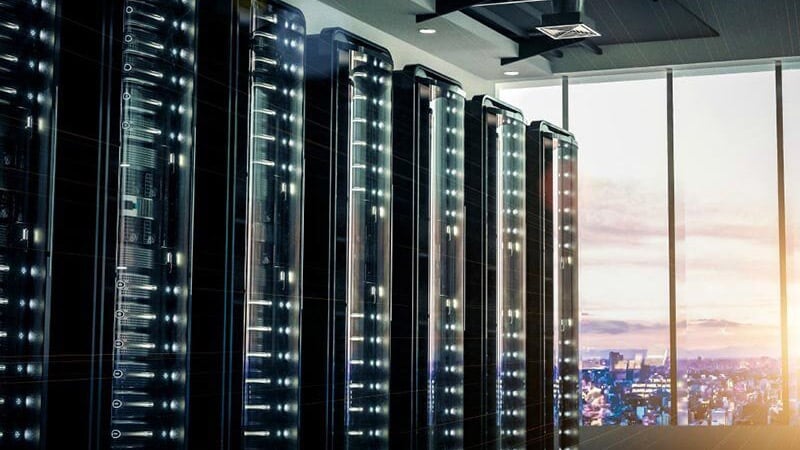Record-setting heat waves are making headlines around the world, including in the U.S., Europe, Africa, and Asia. Many cities are breaking records for the highest temperatures ever recorded, and from coast to coast, everyone is feeling the heat.
In places like the Middle East and Australia, high temperatures are the norm for much of the year. Whether a way of life or a warning, scientists agree these extreme heat events and other climate change-related weather occurrences are here to stay.
Beyond its impact on human lives and infrastructure, extreme heat can take a major toll on data center operations. In July, data centers in London experienced heat-related outages, disrupting cloud services and knocking some sites offline when temperatures topped 104 degrees Fahrenheit (40 degrees Celsius).
If you are struggling to keep your data center cool or if you are wondering whether your infrastructure will be ready for the potential for even hotter temperatures in the future, here are actions you can take right now:
Run All Units
Depending on the data hall load, you should run as many units as possible to reduce the load on each individual cooling unit. Typically, an organization would run all redundant units, but if the IT load is not 100%, one should run enough units to get the per-cooling unit as close as possible. This keeps the refrigerant pressures lower so there is not a risk of trips on high pressure during the high ambient temperature condition. It also provides a more efficient operating point.
Schedule Regular Maintenance
The recent heat waves have underscored the importance of regular maintenance and cleaning of your data center infrastructure. If you don’t already have a plan in place, now is the time to call your service provider to create one. We recommend our customers schedule preventive maintenance quarterly. If you already have a maintenance plan in place, this is a great opportunity to review it with your service provider to ensure it is meeting your needs. For compressor-based (DX) units, the following maintenance steps are important:
1. Clean the Coils of Your Condenser
Although coil cleaning is part of recommended quarterly preventive maintenance, coil inspection and cleaning should occur more frequently, especially during pollen, dust, and cottonwood seasons, as well as when you enter high ambient conditions during the summer months.
The lack of proper and regular cleaning of the condenser coil can cause more of a reduction in the overall thermal unit than the ambient temperature itself, as it reduces the heat-transfer capability of the coil and becomes more critical when the ambient temperatures climb. Additionally, a combination of high ambient temperatures and dirty coils can cause the system refrigerant pressures to increase to the point where the unit shuts down on the high-pressure safety switch. This could cause an unexpected loss of cooling during a critical time.
If coil cleaning hasn’t been part of your regular maintenance, it’s not too late. However, you should schedule your cleaning as soon as possible to keep your units running smoothly.
2. Check the Refrigerant Charge Levels
As part of the preventive maintenance plan, checking the refrigerant charge levels are important. If the levels are too low or out of range, you may not be able to deliver on the design capacity and run the risk of the compressors overheating. If the levels are too high, you may be entering high-pressure conditions. Therefore, proper charge maintenance helps make sure you have the design capacity and operating efficiency to function smoothly.
Once you’ve created a maintenance plan and you have the right number of units running, it’s important to take a step back to ensure the design of your data center infrastructure fits your environment. Since ASHRAE standards used by most data centers rely on historical data rather than projections, your data centers may not be able to withstand the increasingly high temperatures predicted by scientists – even if your data center is designed for ASHRAE 20-year or 50-year numbers. A partner like Vertiv can help you upgrade your thermal systems, and collaborate on a maintenance plan to keep you cool.






